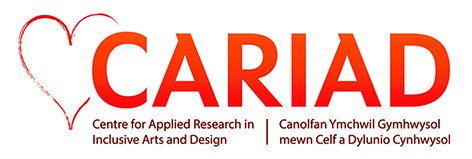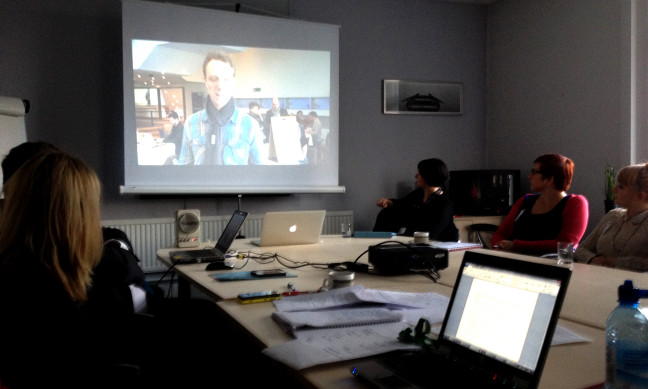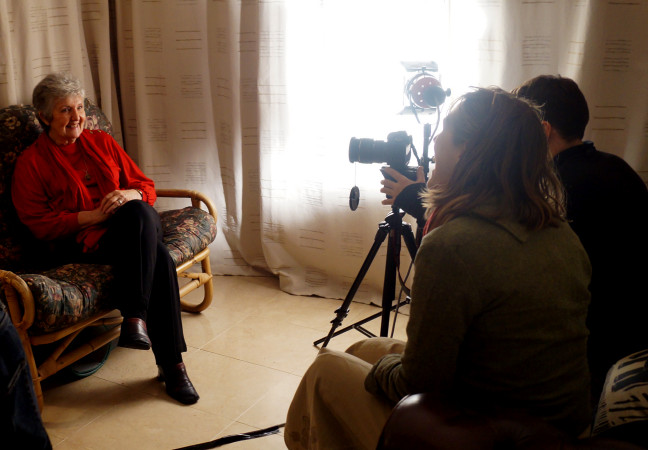CARIAD has a fantastic day at the Millennium Centre today facilitating Connected Studio developing ways of making classical music more accessible to audiences through digital content and platforms. We also learned about new technologies and ideas to further establish links between academia and the media. We were reunited with Peter from PDR, Emily from School of Education and Katherine from CSAD.
We had an eventful day designing our new ‘Classy App’, a prototype to condense and consolidate some of the content on BBC 3 Radio, to renew and reinvigorate an audience with an interest in classical music but perhaps a bit shy about taking those initial first steps into the genre. Thank you Connected Studio, BBC, Hannah, CEWN and everybody else organising such a successful dynamic day, lots of possibilities!




